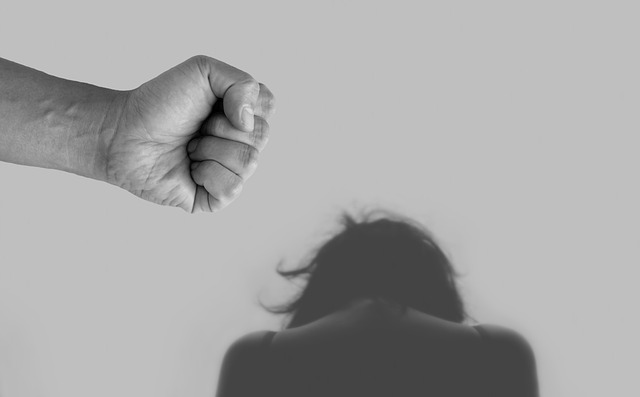By Loushe Jordaan Gilbert
The long-term psychological impact of childhood bullying on adults is a crucial area of research, as it can reveal how early experiences shape individuals’ lives well into adulthood.
Following several reports of bullying taking place at schools across the Western Cape, VOC News spoke to scholars asking what their views are on bullying and what measures should be implemented to address the issues.
“Bullying is not good because we should build each other up and not break each other down. Counselling should be made freely available to both the victim and the perpetrator to try and rehabilitate both,” explained the student.
“Bullying occurs in every school, but some schools are just silent about it. Social media contribute to the severity of bullying because most times bullying is not a physical act, most times it is memes or post doing the rounds on social media,” stated another student.
“It is important for parents to be open and honest with children about the impact bullying has and how you should handle it if you do become a victim, because in most cases children do not speak about due to fear of being an outcast or a tattle tale,” added a different student.
Speaking on VOC Breakfast on Wednesday Mark De La Ray, Clinical psychologist, at Netcare Akeso Kenilworth said the impact of bullying is more severe than what we may think. De La Ray said there are several factors that lead someone to bully others.
“It is always difficult to try and establish why children end up bullying each other, but the most common reasons are often that children who bully others, might be a victim of bullying themselves. Children who often suffer from low self-esteem, poor academic performance or depression lash out by becoming bullies to assert themselves,” he said.
De La Ray said that the long-term psychological impacts of bullying could be detrimental.
“Even in mild cases, the effects can be long lasting and could even lead to death. Some children end up suffering from depression and anxiety, while others simply develop a fear of attending school, which hinders their learning abilities. Worst case scenario is that the child being bullied ends up taking their own life as they cannot deal with the trauma that comes with being a victim of bullying,” he stressed.
The Western Cape Education Department (WCED) said bullying is not tolerated at their schools, however, they have noticed a spike in cases.
WCED spokesperson Bronagh Hammond said social media is one of the main elements that contributed to the increase in cases.
“We have asked our schools to develop policies to address bullying at schools especially social media bullying because we know that social platforms play a part in children bullying each other, and in most cases, it happens after school and filters into the school grounds.”
Hammond stressed the importance of parents playing their role to actively engage and educate their children around the importance of knowing how to treat each other.
“Bullying is not just a school issue; it is a societal issue, and we all must work as a collective to address the issue. We as the WCED have many awareness programs around bullying, we have policies and we provide counselling to both parties involved, but parents should also come on board to assist. We need to teach our children the importance of being kind, empathetic and implement the basic morals and values that should be displayed both at home and school,” she added.
De La Ray further said it is important for parents to keep an eye on their children, as in most cases, there are signs that children display when they are bullied or abused.
“Very often parent don’t know that their children are going through something traumatic, but there are some signs. When a child starts withdrawing from social gathering, isolate, act out, have different behavioral patterns and act out of their normal character, there is something wrong and a conversation should be had about what is causing them to act in this way,” he concluded.
Image: Pixabay









